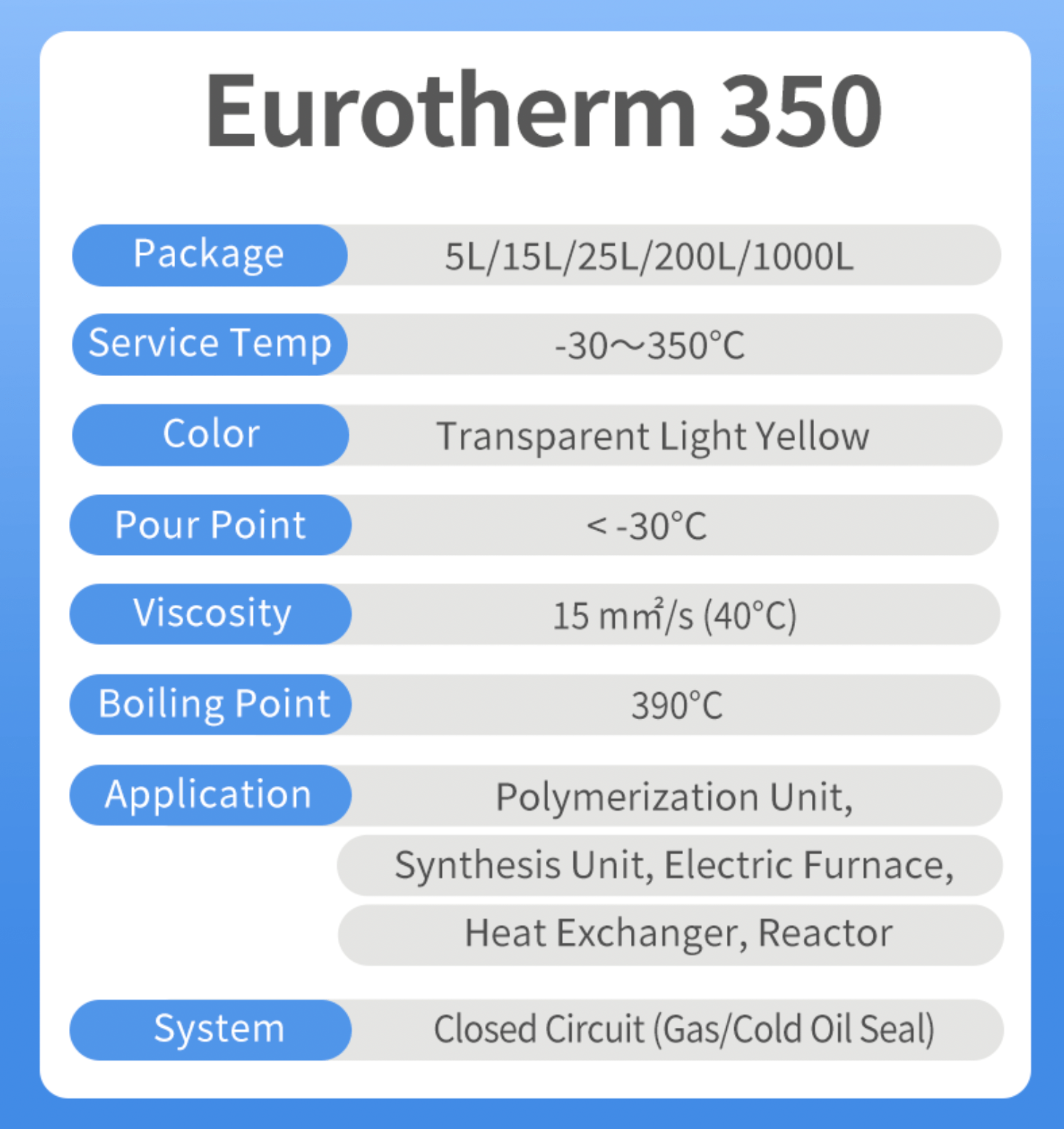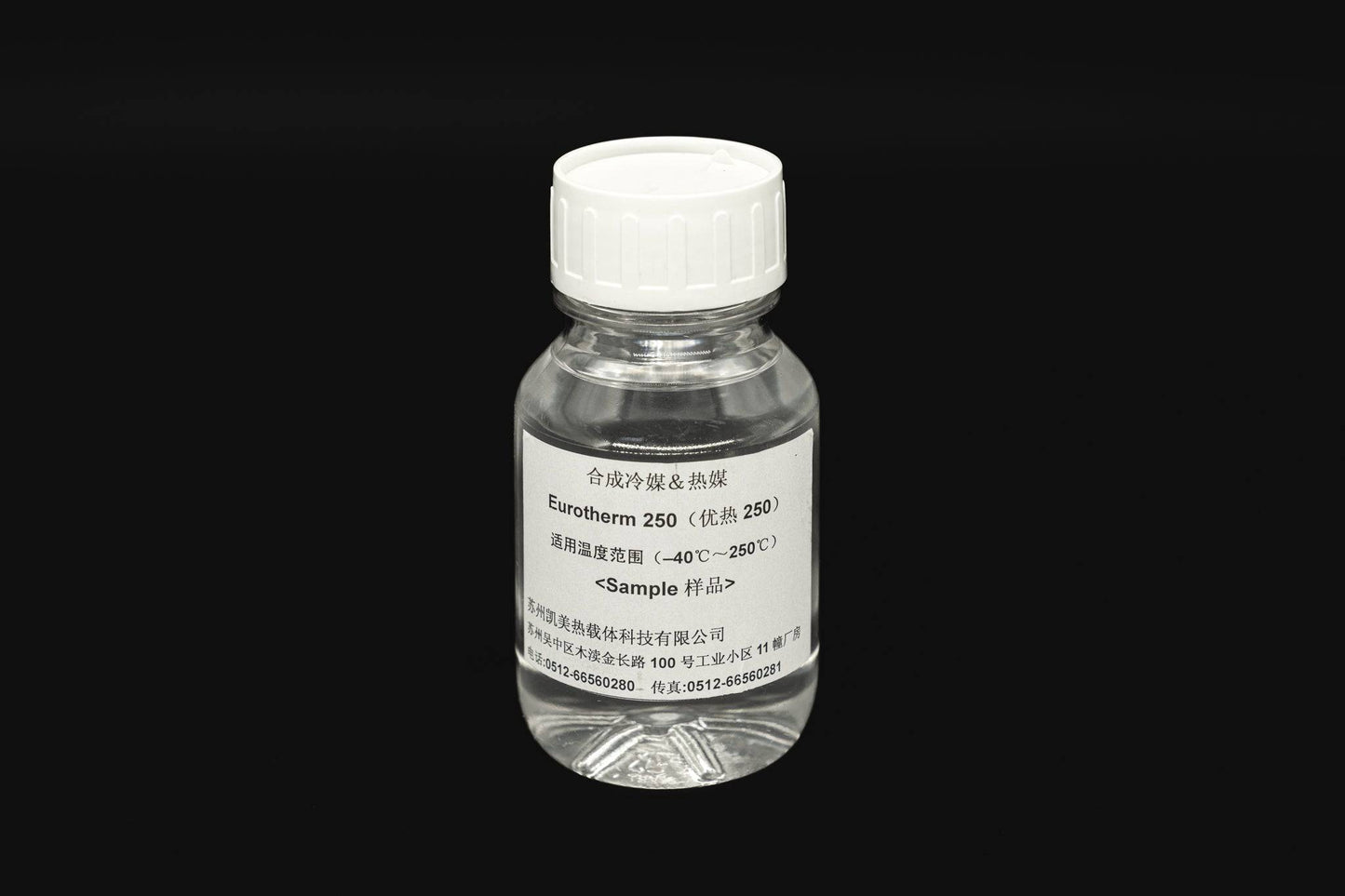The 10-Minute Rule for Chemie
Table of ContentsUnknown Facts About ChemieLittle Known Questions About Chemie.Getting My Chemie To WorkEverything about ChemieUnknown Facts About ChemieChemie Can Be Fun For Everyone
(https://chemie-141534.webflow.io/)Calculated adjustment in electrical conductivity of fluid examples as a function of time when stirred with the material example in the closed indirect cooling loop experiment. Figure 6 shows the change in the measured electric conductivity of the fluid samples when mixed with the resin sample. The conductivity of the water sample from the shut loophole experiment lowered by around 70% from 11.77 S/cm to 3.32 S/cm in six hours.These outcomes indicated that the ability of the material depends on the examination liquid utilized for the experiment. This reveals that various ions present in the fluid will certainly lead to different ion exchange ability of the fluid. Consequently, calculating the ion exchange material capacity with the liquid example from the real cooling loophole is very important.
The 10-Minute Rule for Chemie
Therefore, an ion exchange resin cartridge consisting of 20g of Dowex mixed bed resin might handle order 938 days to fill. In other words, to maintain a reduced electrical conductivity, a resin cartridge with the measurement and weight requirements as that of the resin cartridge used in the experiment, require to be changed every 30 months for the cooling system that was used in the experiment
The air conditioning of electronic components has actually come to be a significant obstacle in recent times because of the advancements in the style of faster and smaller components. Therefore, different cooling modern technologies have actually been developed to efficiently get rid of the warm from these parts [1, 2] Making use of a liquid coolant has actually come to be attractive due to the higher heat transfer coefficient attained as contrasted to air-cooling.
What Does Chemie Mean?
A single phase cooling loophole includes a pump, a warmth exchanger (chilly plate/mini- or micro-channels), and a warm sink (radiator with a fan or a liquid-to-liquid warm exchanger with chilled water cooling). The warm source in the electronics system is connected to the warmth exchanger. Liquid coolants are likewise utilized in two-phase systems, such as warmth pipes, thermo-siphons, sub-cooled boiling, spray air conditioning, and straight immersion systems [2, 4]
The demands might vary depending on the kind of application. Complying with is a checklist of some basic needs: Great thermo-physical buildings (high thermal conductivity and details warmth; reduced viscosity; high unexposed heat of evaporation for two-phase application) Reduced freezing point and burst point (often burst security at -40 C or reduced is required for delivery and/or storage objectives) High climatic boiling point (or reduced vapor stress at the operating temperature level) for solitary stage system; a narrow desired boiling point for a two-phase system Good chemical and thermal stability for the life of the electronics system High flash factor and auto-ignition temperature level (occasionally non-combustibility is a requirement) Non-corrosive to products of building (metals as well as polymers and other non-metals) No or very little regulative restrictions (eco-friendly, harmless, and potentially biodegradable) Economical The best electronic devices coolant is an affordable and safe liquid with superb thermo-physical residential or commercial properties and a long service life.
Examine This Report on Chemie
Many of these fluids have a non-discernible smell and are safe in instance of call with skin or consumption. As discussed before, aliphatic PAO-based fluids have replaced the silicate-ester liquids in a range of armed forces electronic devices (and avionics) cooling down applications in the last decade. Another course of popular coolant chemistry is dimethyl- and methyl phenyl-poly (siloxane) or commonly understood as silicone oil.
Fluorinated compounds such as perfluorocarbons (i.e., FC-72, FC-77) hydrofluoroethers (HFE) and perfluorocarbon ethers (PFE) have specific special residential or commercial properties and can be made use of in call with the electronic devices [4, 8] First of all, these fluids are non-combustible and non-toxic. Some fluorinated substances have absolutely no ozone depleting potential and various other ecological properties.
This coolant is identified as harmful and should be dealt with and disposed of with care. The high quality of water made use of for the preparation of a glycol solution is extremely crucial for the system.
Excitement About Chemie

This is a low expense antifreeze remedy, finding use in refrigeration services and ground resource warmth pumps - heat transfer fluid. This fluid can be utilized down to -40 C owing to its reasonably high price of heat link transfer in this temperature range.
It is taken into consideration even more unsafe than ethylene glycol and subsequently has found usage only for procedure applications located outdoors. Methanol is a combustible liquid and, as such, presents a prospective fire risk where it is saved, managed, or used.
The 10-Minute Rule for Chemie
As a combustible liquid, it requires particular safety measures for managing and storage. Liquid remedies of calcium chloride locate broad use as circulating coolants in food plants. It is non-flammable, safe and thermally extra efficient than the glycol options. A 29% (by wt.) calcium chloride remedy has a cold factor listed below -40 C.
